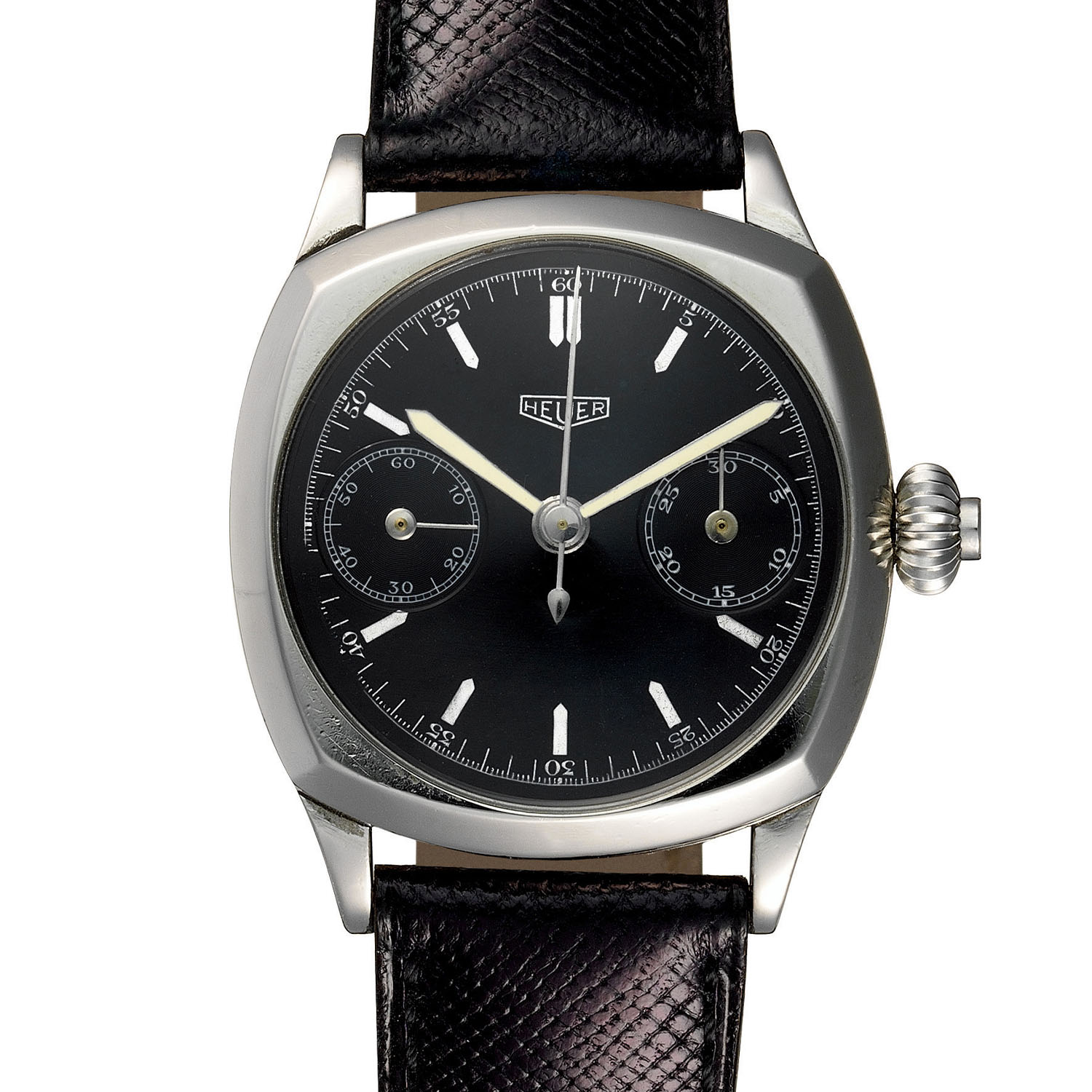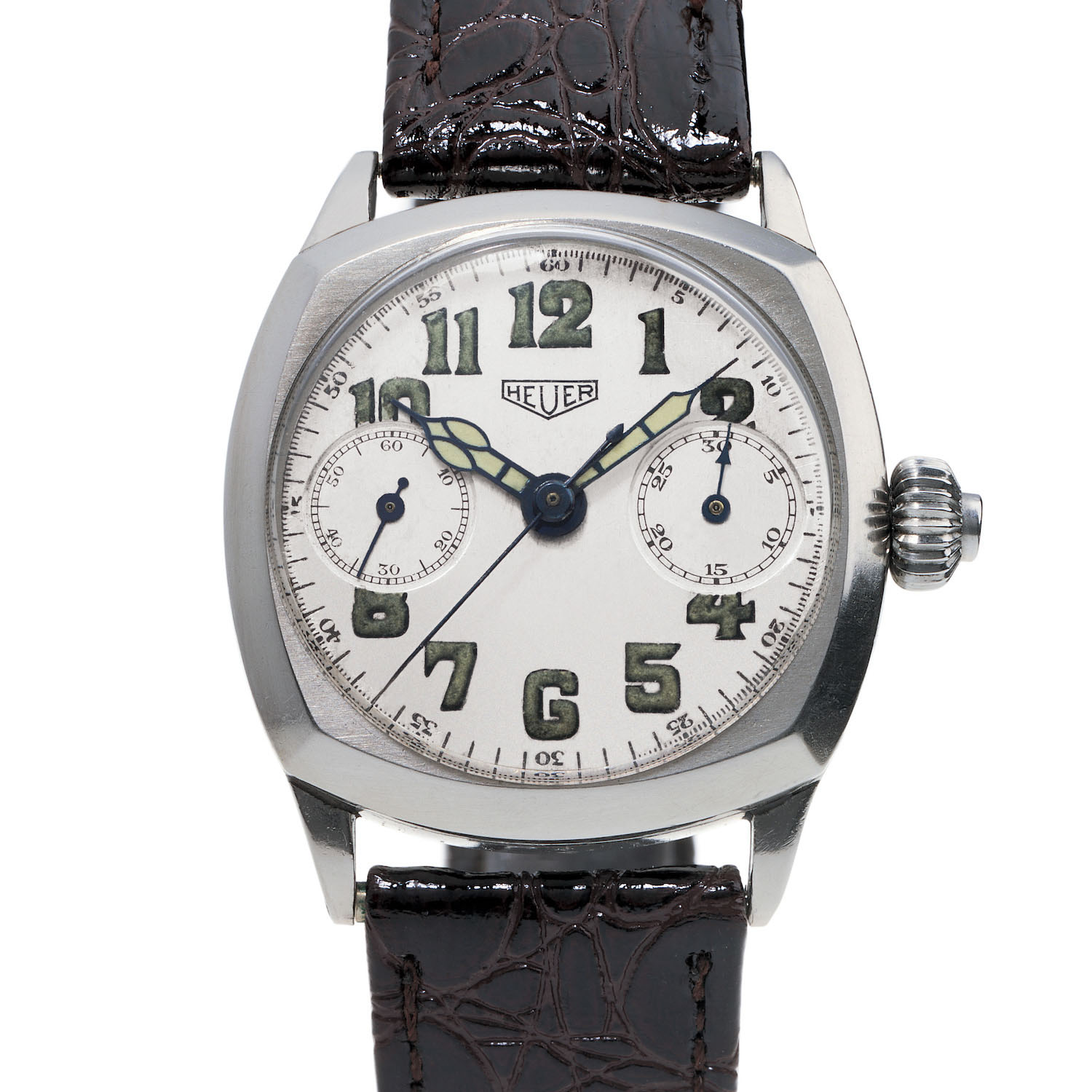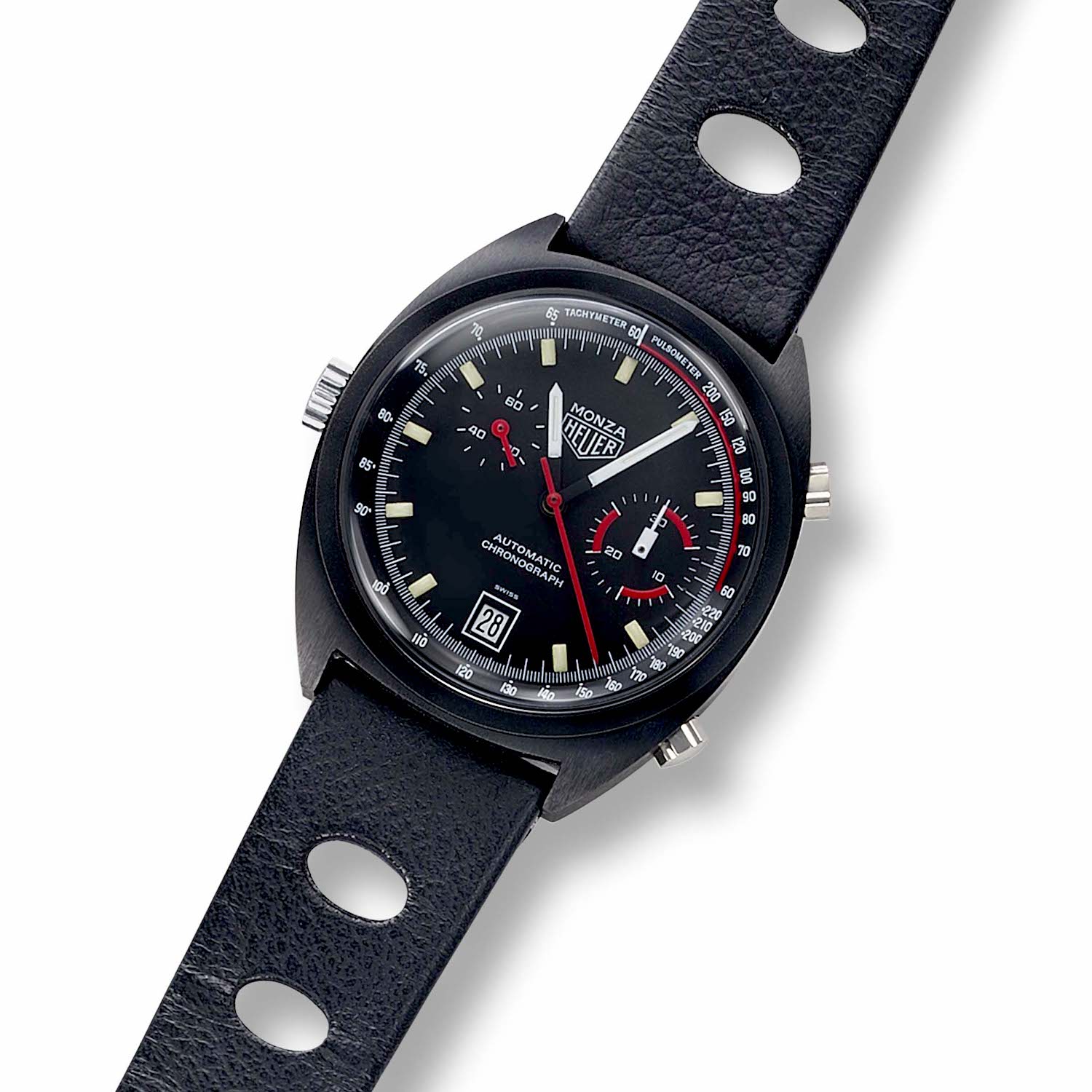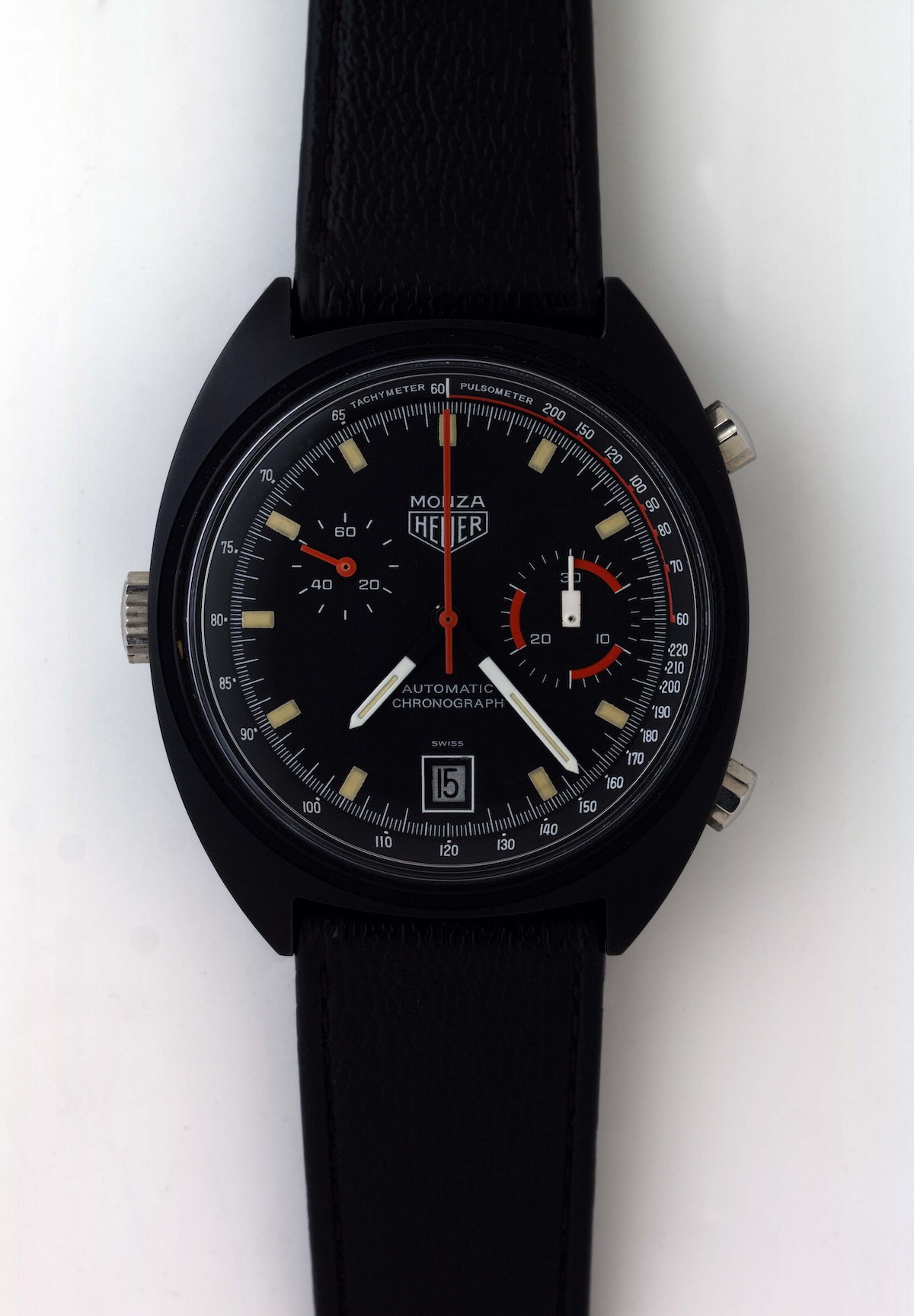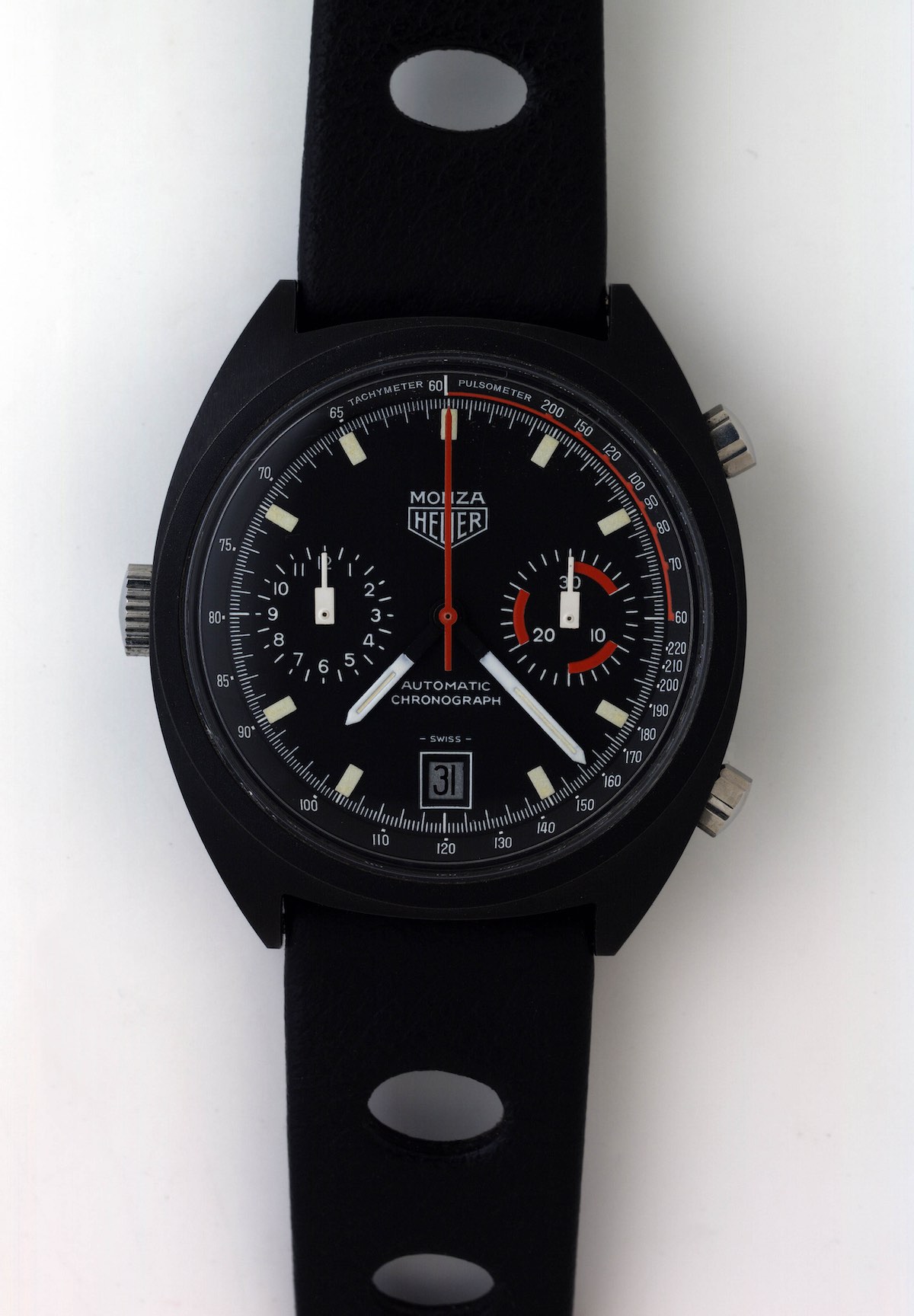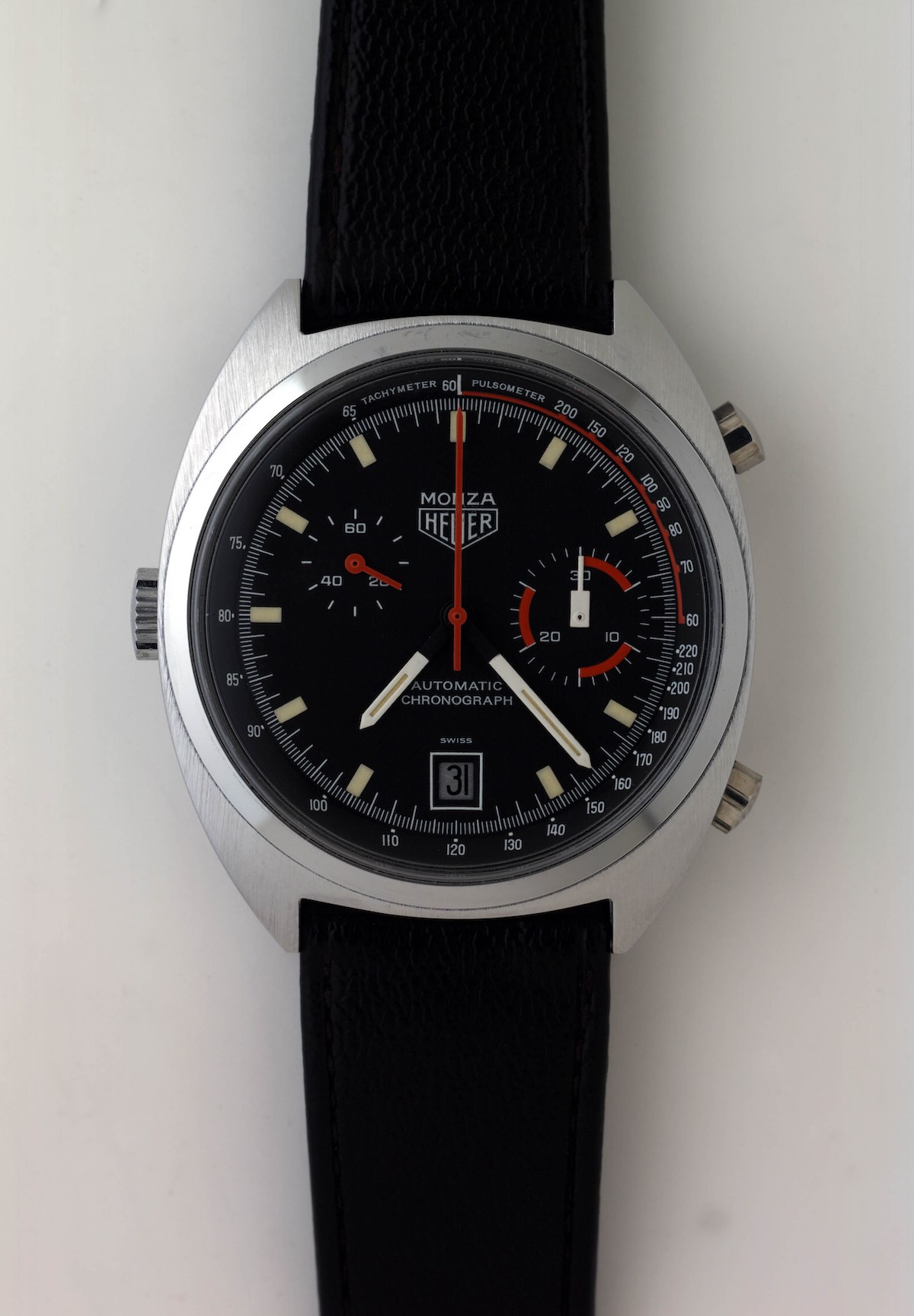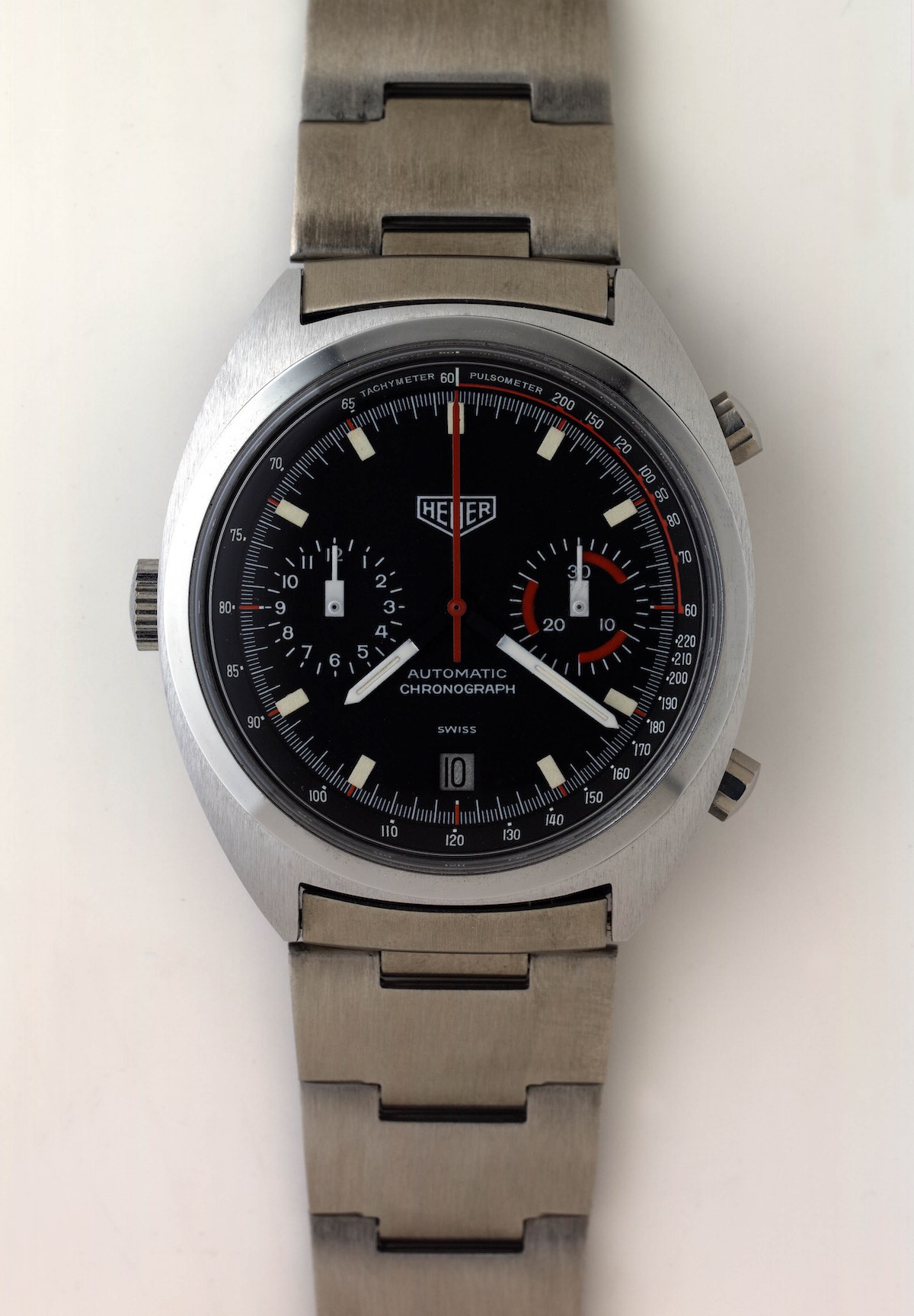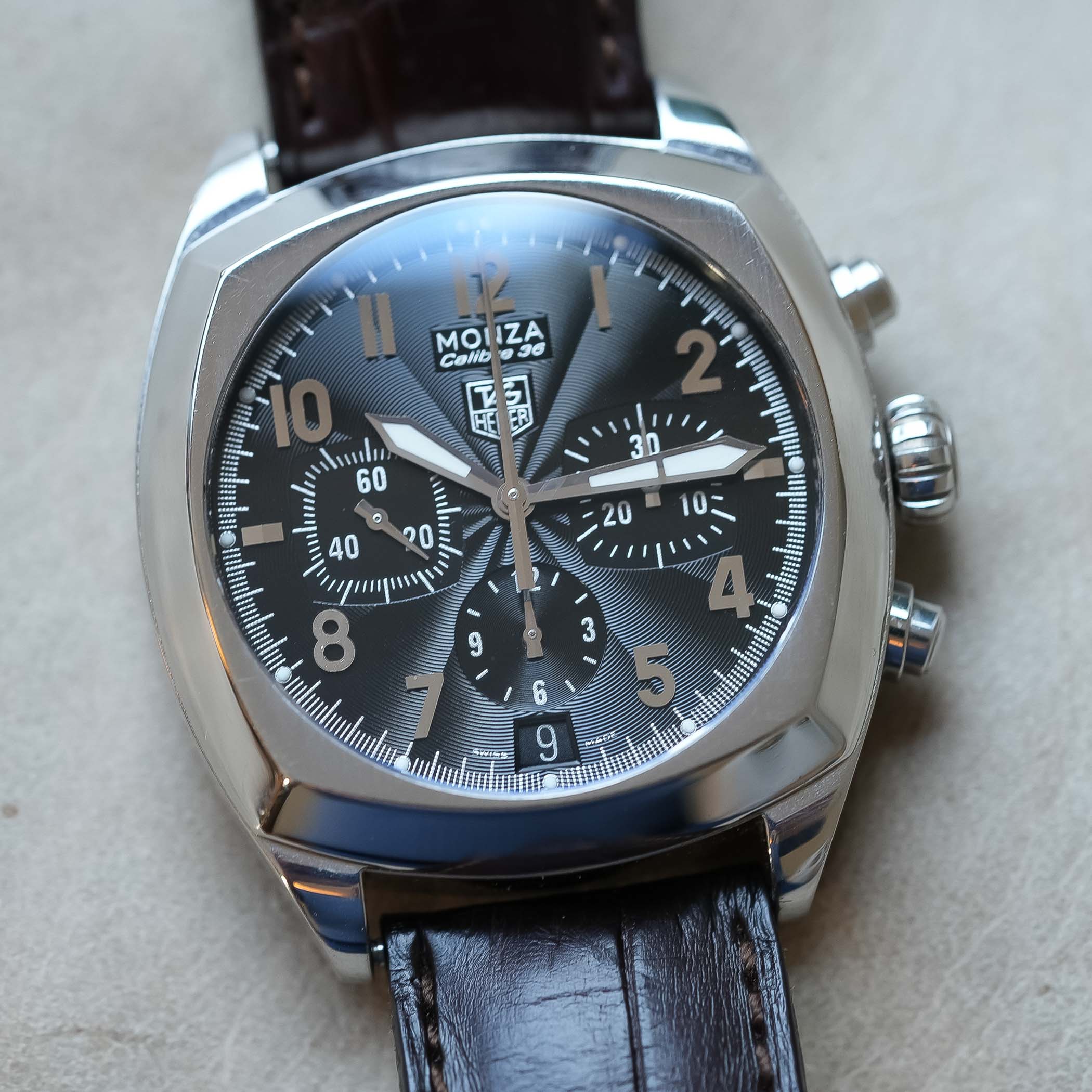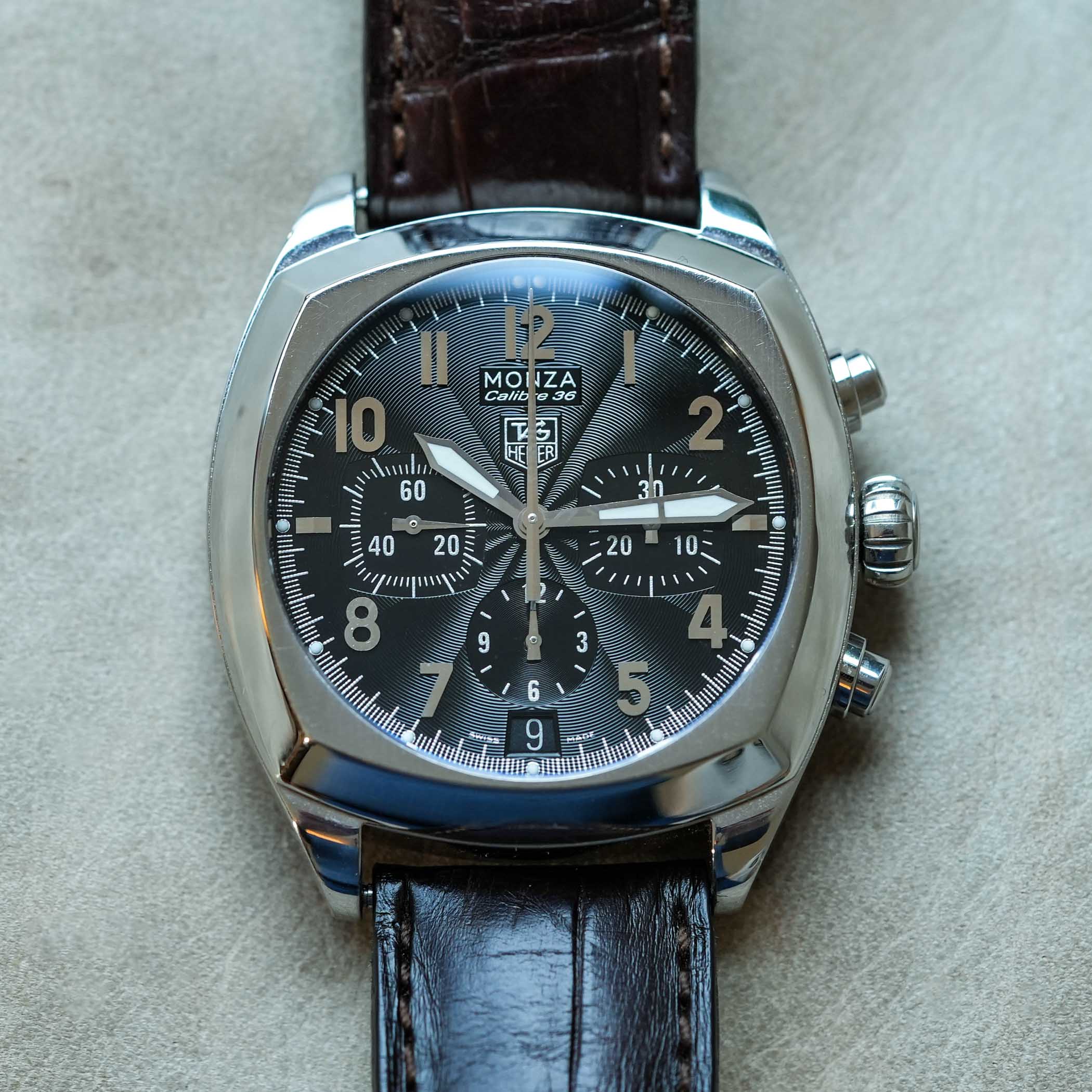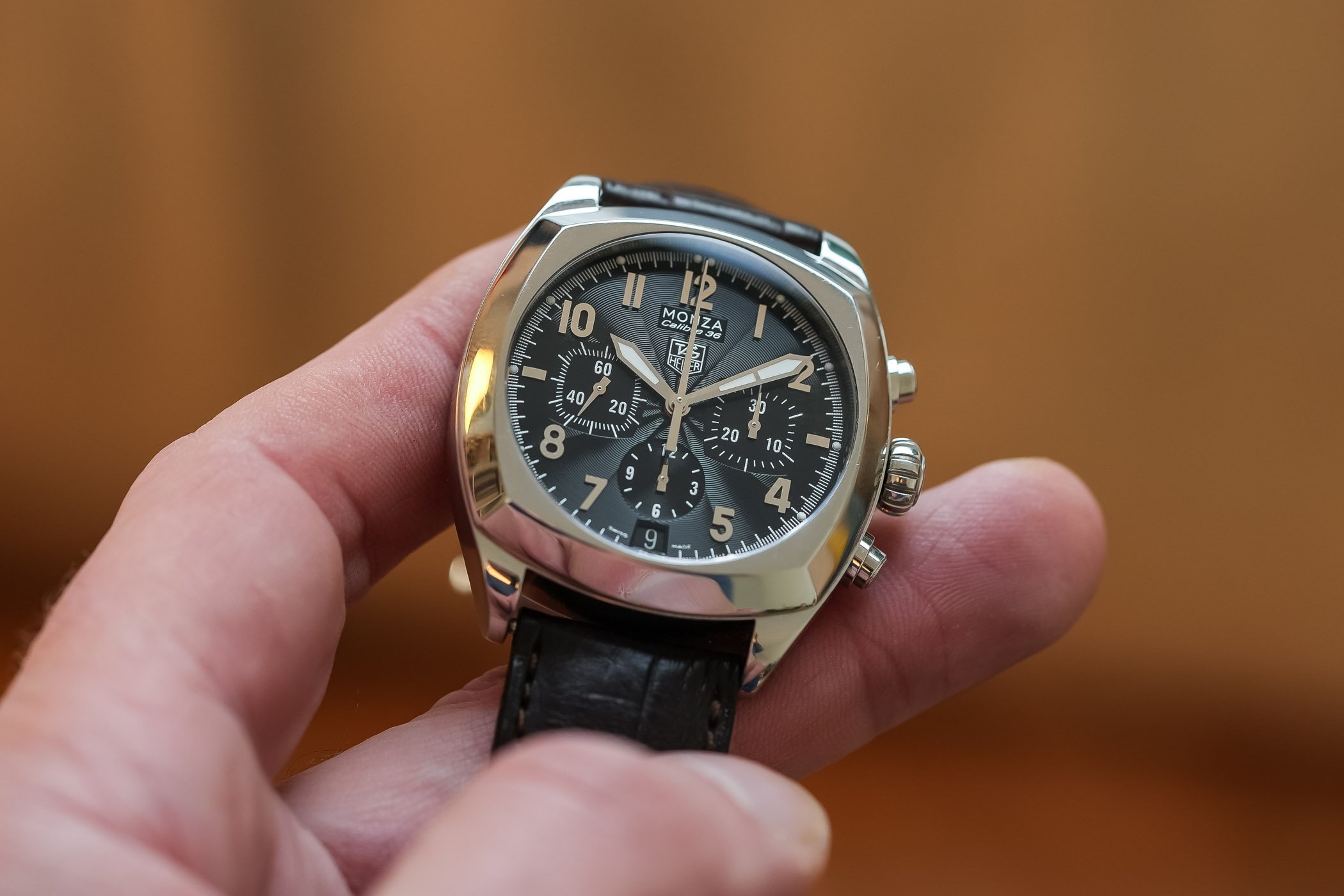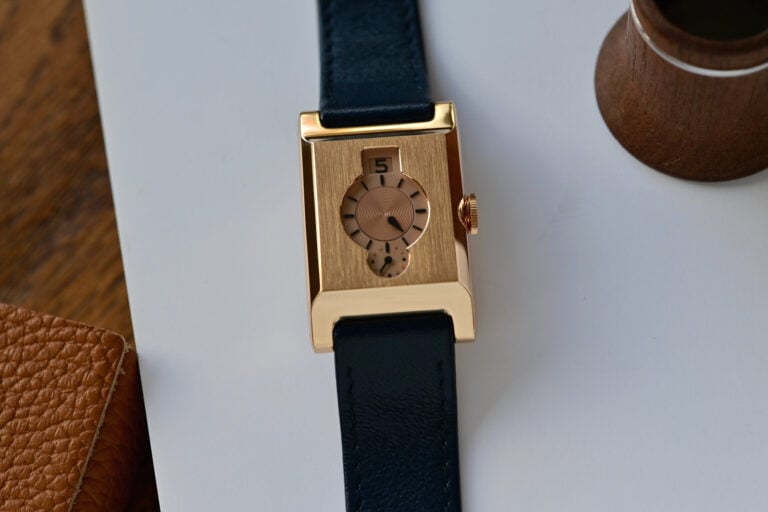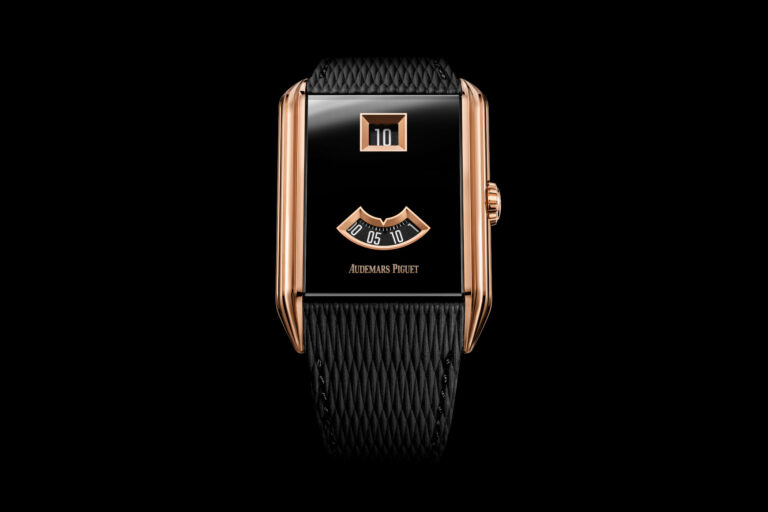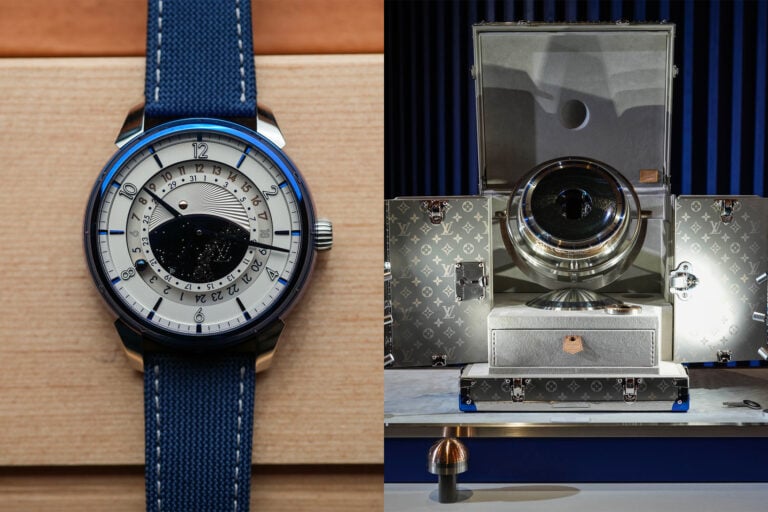The TAG Heuer Monza Calibre 36, Youngtimer Appeal and El Primero Power
The dark horse of TAG Heuer’s lineup, fitted with a legendary movement.
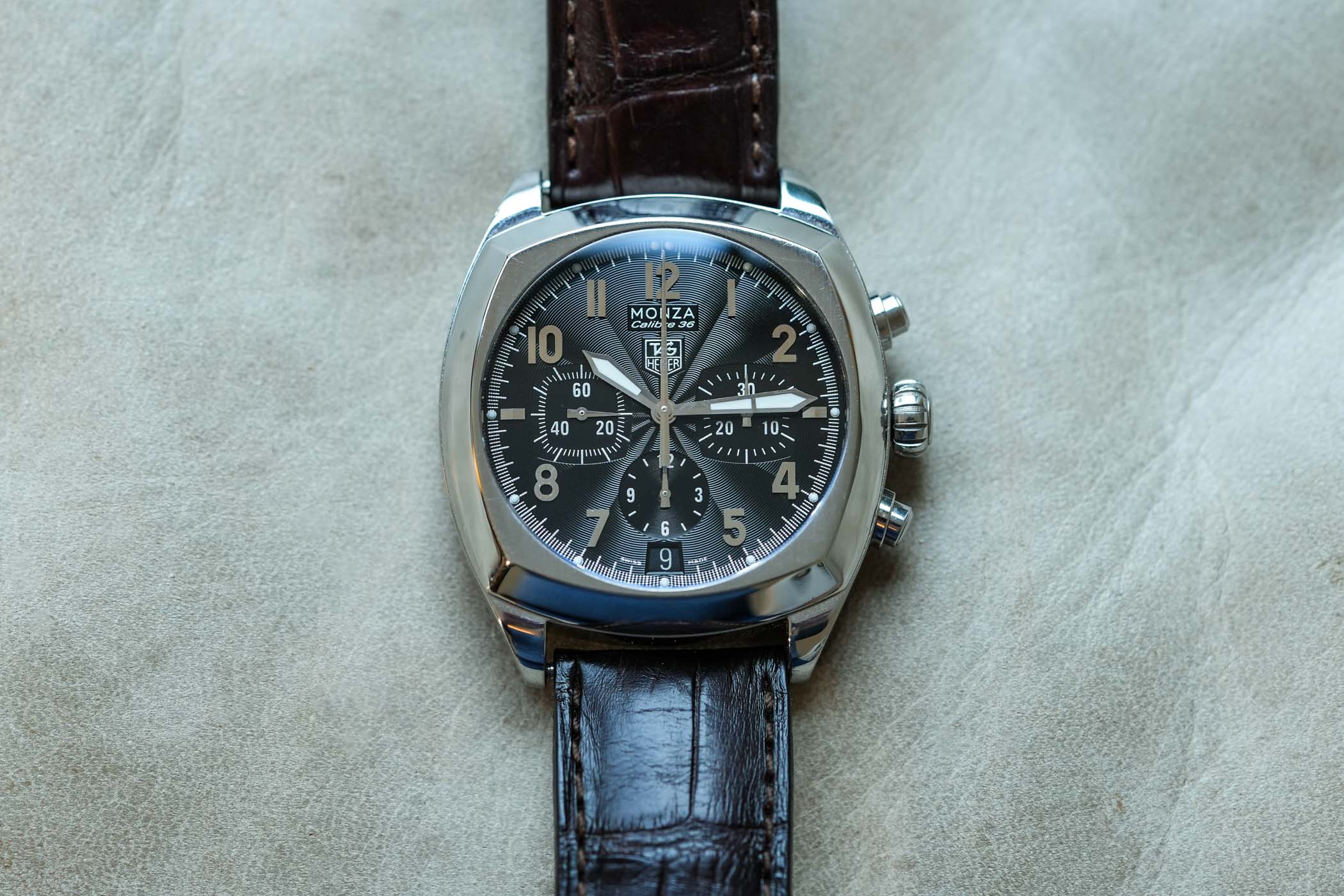
When you hear the name TAG Heuer, which watches come to mind? The Monaco, the Carrera, or perhaps the Autavia? Maybe the Aquaracer? But what about the Monza? The Monza can be considered the dark horse of TAG Heuer’s lineup, occasionally popping up over the years but never having quite the staying power as other, more famous, TAG Heuer models. 2023 saw TAG Heuer relaunch the Monza yet again, this time clad in carbon fibre and powered by an in-house flyback chronograph. We thought it would be a good idea to feature the Monza on The Collector’s Corner and take a closer look at an iteration of the model that was released in 2001, the Monza Calibre 36, which is, in our books, the best iteration of this watch to date… And here’s why.
The Monza Lineage
The first watch to be mentioned in the Monza lineage was a cushion-cased monopusher chronograph produced in the 1930s. You have to remember that round watches were not as ubiquitous in the first half of the 20th century as they are today. Watchmakers experimented with whimsical case shapes, ranging from rectangular, tonneau, and cushion-shaped, as they tried to position themselves and learn more about consumer preferences in the new market for wristwatches. This watch, even though not named Monza, is important in this historical part as its shape will be used later when TAG Heuer decided to bring back this collection in the early 2000s.
The Monza name first appeared in 1976. This historic piece was developed and dedicated to the Austrian Formula 1 driver Niki Lauda to commemorate his third-place finish in the Italian Grand Prix at the Autodromo Nazionale di Monza on September 7, 1975, which also secured his (and Ferrari’s!) World Cup title. Celebrating the sport of Formula 1, the new Monza’s C-shaped case was given a PVD coating in an aggressive matte black colour and was equipped with a red chronograph seconds hand and red dial indications. The watch was powered by the automatic chronograph Calibre 15, a descendant of the Calibre 11.
Now, about the Calibre 11… stepping back in time, we remember that a global battle for supremacy was raging during the 1960s. No, I’m not talking about the Space Race – I mean something much more important and of far greater consequence. I’m talking about the race between Seiko, Zenith, and the consortium formed by Heuer-Leonidas, Breitling, Büren-Hamilton and Dubois Dépraz (the code name used by the consortium for the development phase was “Project 99”) to develop the world’s first automatic chronograph. Born from this collaboration, the Calibre 11 featured a dial-side micro-rotor base calibre on which the chronograph module was attached. Heuer put this movement inside the Carrera, the Autavia, and the new Monaco, which was the world’s first water-resistant square-cased watch. One of the quirks of the movement was the resulting position of the crown on the left side of the case – naturally, this feature was used to market the fact that the watches fitted with this calibre did not need to be wound. The Calibre 11 went through multiple iterations, with versions developed to display other complications, such as the Calibre 14 (GMT function) and the Calibre 15, which added a small seconds positioned at 10 o’clock, replacing the elapsed chronograph hours sub-counter.
The first Monza was manufactured only in small series, but the model family was produced through the 1980s before being discontinued due to slow sales. The first-generation Monza was available in several versions, some with Calibre 15 and others with Calibre 12 (no small seconds, 12-hour counter at 9 o’clock), the latter often without the Monza name on the dial.
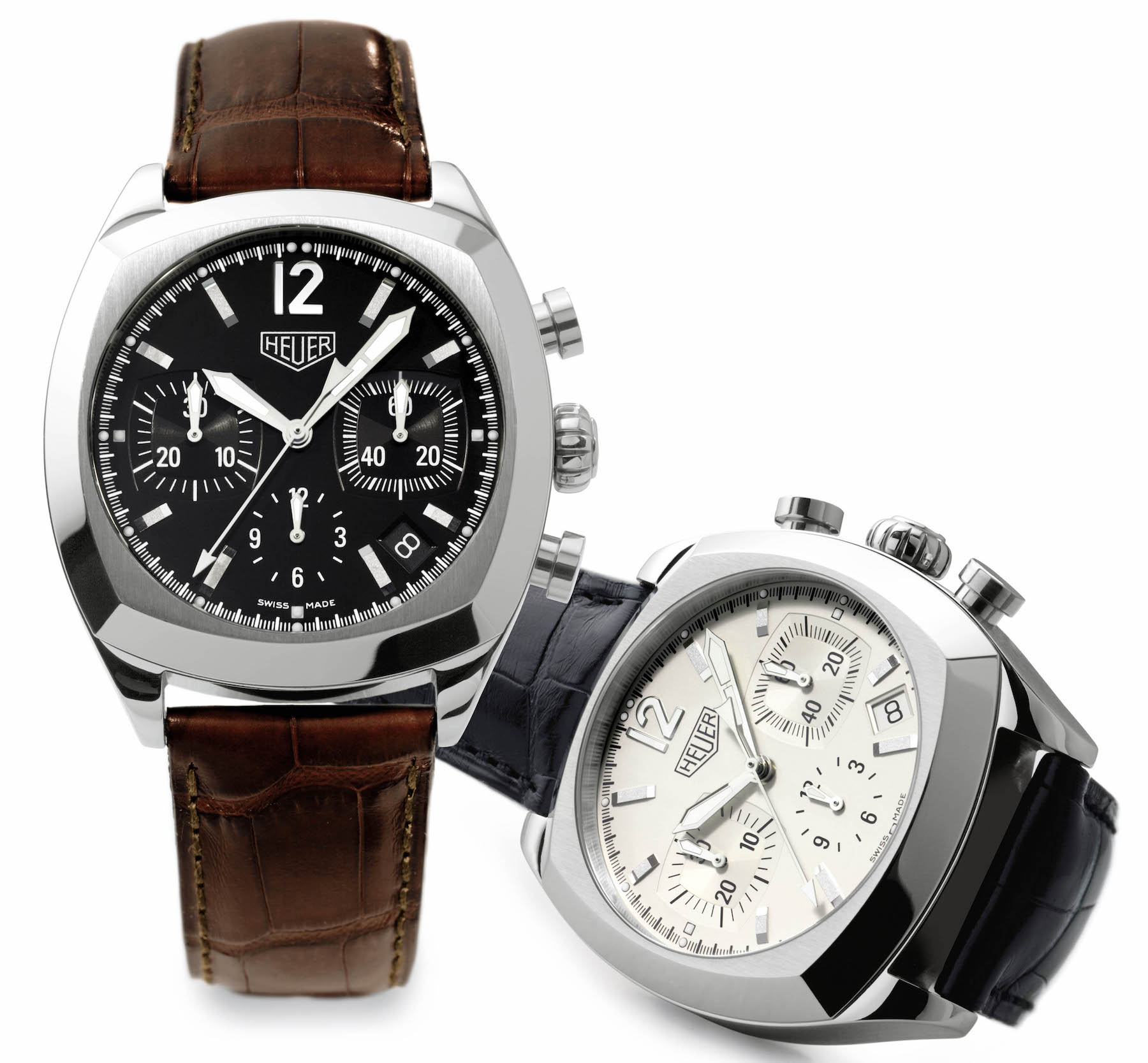
The Monza disappeared from the public eye, only to reappear in 2000 with a return to the cushion case shape of the aforementioned 1930s watch. These Heuer-only branded Monza models were powered by a modular ETA chronograph movement, and though these are good-looking watches, the Monza we are discussing today came one year later. And, fitting the dashing good looks of the watch, the 2001 Monza was given the technical chops to match – this watch was outfitted with the legendary El Primero movement (ironic, isn’t it…?)
The TAG Heuer Monza Calibre 36 – The Basics
The TAG Heuer Monza Calibre 36 (ref. CR5110 as presented here) is a cushion-cased chronograph measuring 39.5mm in diameter and 14mm in height. The details, however, are what count. Let’s start with the case: all surfaces of the stainless steel Monza case are polished, with the sole exception of the flat upper face of the bezel and the case flanks. The bezel has been given a vertical linear brushed treatment, which accentuates the shape of the case. Moving outboard, we come to the two well-integrated chronograph pushers and an onion-shaped crown. There is a stainless steel screwed-in caseback with a sapphire crystal display. The case is water-resistant to 50 meters.
The circular dial is framed by a 60-second precision track, with each unit subdivided with five hashes – a nod to the movement’s high frequency. The hours are indicated with applied, upright Arabic numerals rendered in high polish. Small rectangular indices indicate the 3 and 9 o’clock positions. Each marker has a small plot of lume on the seconds track for night-time legibility – the 12 o’clock position has a double plot. The chronograph indications are positioned at 3 o’clock (30-minute counter) and 6 o’clock (12-hour counter). Running seconds are shown in the 9 o’clock sub-dial. The sub-dials at 3 and 9 o’clock are matte-finished and have a cushion shape, echoing the shape of the case. The 12-hour totalizer, on the other hand, has a very fine azurage pattern and is circular. But what sets this watch apart is the texture of the dial itself, which has been given a stamped guilloché-like effect, bringing a surprisingly elegant touch to this watch – specifically in combination with the retro-styled 1930s-inspired case.
Purists will instantly have an opinion about the date window, but luckily, it is subtly tucked away at 6 o’clock, preserving the dial’s symmetry. Another touch I love is that the colour of the date disc matches that of the dial – as I said, it’s about the small details. Broad sword hands indicate hours and minutes, with counterweighted lance-shaped hands for the chronograph seconds and all sub-dial indications. There is quite a lot of dial text at the top, but I suppose the design team was proud of the watch’s specs and wanted to pay respect to the Monza name, the movement powering the watch, and the TAG Heuer shield logo.
Two main variations of the Monza Calibre 36 were offered initially:
- Reference CR5110.FC6175: black guilloché-like dial, silver applied indices
- Reference CR5111.FC6176: silver guilloché-like dial, silver applied indices
Now, on to the movement… I have teased it before, so let me cut to the chase: the Calibre 36 is a Zenith El Primero calibre 400. It is an amusing twist of fate that a TAG Heuer should be powered by the very calibre that was competing against the company for the crown of the first automatic chronograph, but there you have it. Both Zenith and TAG Heuer are LVMH Group brands, having been purchased by the luxury conglomerate in 1999. The Calibre 36 retains all the benefits of Zenith’s most famous calibre, including the 36,000 vibration-per-hour beat rate, a 50-hour power reserve, a column-wheel mechanism and a horizontal coupling. The movement is also well-decorated and gives you plenty to look at. Naturally, none of the quirks of the El Primero are sacrificed: contrary to conventional crown-setting positions, the El Primero has the time-setting mode in the first position, with the quickset date in position two.
Why should you consider the TAG Heuer Monza Calibre 36?
I would go so far as to say that I think the Monza Calibre 36 is a compelling option for quite a few collector niches… assuming you are open to considering an unconventional, cushion-shaped watch. The Monza had the misfortune of being considered entry-level at the time of the model’s release in the 1970s. It lacked the looks, dial furnishings, and prestige of the Carrera or the Monaco to be considered a premium product. In my opinion, the Calibre 36 version of the Monza addresses those concerns. The dial is decidedly more up-market with its applied indices and elegant guilloché-like pattern. Additionally, the El Primero movement is far from an entry-level chronograph calibre. It is widely respected not only for its historical significance and association with Rolex but also for its performance and movement architecture.
The Monza Calibre 36 can be the TAG Heuer of choice for the Formula 1 enthusiast who finds the Monaco design a little too “out there” and wants something more subtle in terms of dial colours and case shape. Likewise, I could make the case that this is the perfect watch for someone who appreciates the history and specs of the Zenith El Primero but hasn’t yet found a Zenith design that speaks to them. With the Monza Calibre 36, you can kill several birds with one stone. It is a fantastic all-around sports chronograph, one which could look equally at home paired with some jeans as it could with a suit.
At the time of this writing, there are four Chrono24 listings for the Monza Calibre 36, all with the black dial, ranging from EUR 2,560 for an example in Japan to EUR 3,770 for a model with box and papers in the US. For the price of a new Tudor, you can have a watch with a bona fide Formula 1 connection powered by one of the most legendary chronograph calibres in history… What’s not to like?
PS. The strap on this Monaco Calibre 36 isn’t the original one but is part of our own collection, available in the MONOCHROME Shop at this link.

